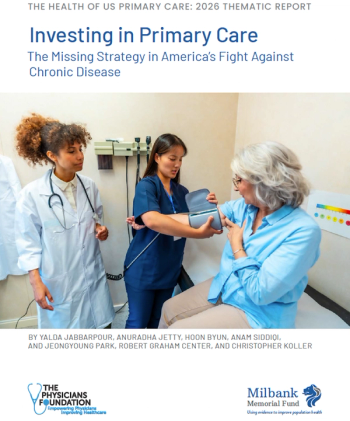
Most EHR users believe they will achieve 'meaningful use'
Eighty-five percent of healthcare providers believe that their ambulatory electronic health record software will let them meet the 2011 meaningful use deadlines being considered by the federal government, according to a report from research firm KLAS.
Eighty-five percent of healthcare providers believe that their ambulatory electronic health record (EHR) software will let them meet the 2011 meaningful use deadlines being considered by the federal government, according to a report from research firm
For "Ambulatory EMR (EHR): On Track for Meaningful Use?" KLAS interviewed more than 1,400 providers about 26 EHR vendors to assess each software's ability to meet meaningful use requirements, based on the guidance provided by the HIT Policy Committee in July. Although most study respondents said they believe that their EHR system will help them meet the proposed government requirements, providers also noted several functional areas that are still lacking. Foremost among these were EHR reporting tools, patient access to medical records, and the ability to share key clinical data.
"Reporting will obviously play a vital role in a provider's ability to meet the proposed meaningful use standards, yet more than 17 percent of providers say reporting is difficult or impossible with their current tools, and another 24 percent report needing specific technical expertise to manipulate the tools provided," Mark Wagner, director of ambulatory research for KLAS and author of the new report, said in a prepared statement.
"To help their clients meet the substantial reporting requirements for meaningful use, many vendors will need to increase the number and complexity of their canned reports, provide a standalone reporting application or add a third-party tool that can pull the required data," Wagner added.
Newsletter
Stay informed and empowered with Medical Economics enewsletter, delivering expert insights, financial strategies, practice management tips and technology trends — tailored for today’s physicians.






